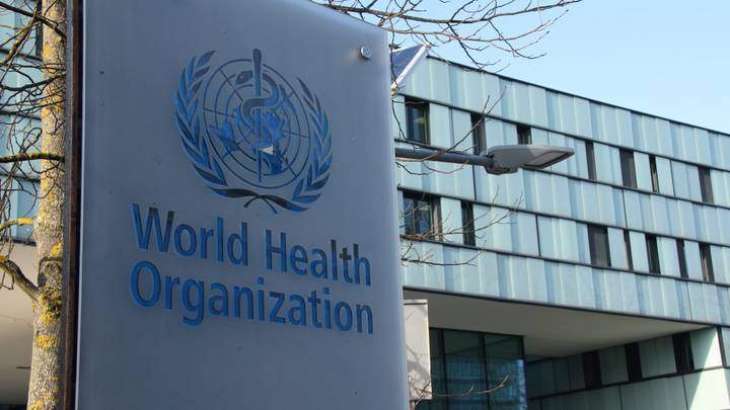OSCOW, October 12 (Sputnik), Valentina Shvartsman - The World Health Organization (WHO) has not observed an increase in COVID-19 cases in densely populated Rohingya refugee camps in Bangladesh recently, but continues to take rigorous control and prevention measures, Catalin Bercaru, a communication officer for the WHO country office in Bangladesh, told Sputnik
MOSCOW (Pakistan Point News / Sputnik - 12th October, 2020) OSCOW, October 12 (Sputnik), Valentina Shvartsman - The World Health Organization (WHO) has not observed an increase in COVID-19 cases in densely populated Rohingya refugee camps in Bangladesh recently, but continues to take rigorous control and prevention measures, Catalin Bercaru, a communication officer for the WHO country office in Bangladesh, told Sputnik.
Bangladesh, the world's most densely populated country, also hosts the world's largest refugee camp near Cox's Bazar. As of October 4, a total of 273 cases have been confirmed among Rohingya refugees living in the camps.
"Regarding the evolution of COVID-19 in Rohingya camps, we have not seen a recent surge in cases," Bercaru said in an email.
According to the spokesman, WHO and health workers in Cox's Bazar were working tirelessly on prevention measures, strengthening health care capacities, promoting awareness about the need to wear mask and exercise hand hygiene and physical distancing. He noted that more than 2,000 volunteers are working with refugees across 34 camps, and 87 information service centers have been established in the area to receive feedback and complaints.
"As older persons are among the most vulnerable to severe forms of COVID-19 a multi-sector mitigation intervention is being delivered, with the objective of reducing infection as much as possible within this group. The goal is to support them to minimize their movement, respect physical distancing and thereby limit their exposure to the virus, and to keep their shelters as safe, clean and comfortable as possible. In this regard, extra support has been delivered to households with older persons in form of regular food, liquefied petroleum gas, as well as the Non-Food Items kit," Bercaru said.
More than 860,000 Rohingya refugees are currently living in camps in Cox's Bazar after being forced to flee their homes in neighboring Myanmar amid an army offensive in August 2017. The Myanmar authorities launched an unprecedented violence campaign against this Muslim minority after militants, allegedly from this minority group, carried out attacks on police posts in the country's north-western state of Rakhine.




